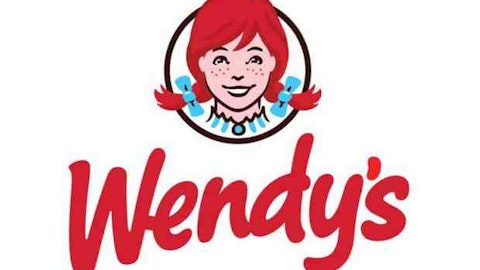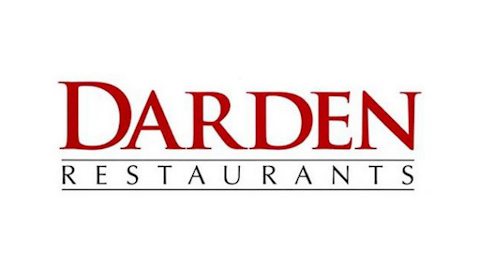Starbucks expands overseas
While Dunkin’ looks to grow its restaurants to the western part of the U.S., Starbucks is maintaining a more global focus while adding net new stores for a new total of 590 as of the second quarter of this year. The company’s China/Asia Pacific segment had 25% of the company’s net new stores. In its second-quarter press release, the company mentioned the importance of increasing the relevance of the Starbucks brand around the world.
There’s no question surrounding the strength of the Starbucks brand, yet Dunkin’ is capable of attracting customers in search of good and cheaper coffee. Earlier this year, research firm Brand Keys’ Customer Loyalty Engagement Index ranked Dunkin’ Donuts number one in customer loyalty for the seventh-straight year in the coffee category.
It’s important to keep in mind that Starbucks is also a much larger company, with a market cap of $48 billion versus Dunkin’s $4.5 billion. Starbucks’ total net revenue for the second quarter of 2013 was $3.6 billion, an increase of 11%, and global comp-store sales grew 6%.
In comparison, Dunkin’ had combined total revenue for its U.S. and international segments of $124.2 million – U.S. revenue grew 7.7% and international revenue grew 17.1%. The company’s combined U.S. and international comp-store sales increased 3%.
Panera’s ‘deliciously’ baked goods
It will be interesting to see how Dunkin’s other competitors, like Panera Bread Co (NASDAQ:PNRA), will react to the company’s recent announcement that it will begin offering gluten-free muffins and donuts. Panera is known for its healthier food options, such as using antibiotic-free chicken and whole grain breads. Unlike Dunkin’, its main focus is its baked goods and other menu options rather than beverages and coffee.
By selling gluten-free products, Dunkin’ is moving into uncharted territory within the fast-food world and tapping into a popular alternative to wheat products. Gluten-free products are a necessity and mostly benefit folks with celiac disease who are not able to digest gluten, a protein found in wheat flour.
In terms of size, Panera is similar to Dunkin’ Donuts with a market cap of about $5 billion. For the first quarter, which ended March 26, the company reported net income of $48 million, or $1.64 per diluted share. Net income and diluted EPS increased 17%. Panera’s earnings guidance for the 2013 fiscal year is for diluted EPS growth of 17% to 19%. Growth estimates for 2014 and the next five years are between 16% and 19%.
Conclusion
Dunkin’ Brands seems to be making smart choices for its Dunkin’ Donuts brand. Expanding west is a logical choice to grow the business and the introduction of gluten-free products is a calculated risk on a popular trend that sets the company apart from its competitors.
While Starbucks is a force to be reckoned with, the Dunkin’ brand is strong enough to attract its own customers. At its current share price, Dunkin’ is more affordable than Panera Bread shares and has similar prospects for future growth. It’s a good idea for Dunkin’ investors to observe how quickly the company expands and for rising debt levels that could affect the company’s liquidity.
Investors can be forgiven for thinking that a company that has returned almost 2,500% since going public probably has its best days behind it. But in the case of Panera Bread, there’s reason to believe that the best is still yet to come. The stock has been on an absolute tear over the past five years, and you’re invited to find out why — and what else there is to look forward to — in The Motley Fool’s brand-new premium report on Panera. Included are key areas that investors must watch, as well as opportunities and threats facing the company both today and in the long term.
The article Dunkin’ Donuts Gets Gluten-Free and Expands West originally appeared on Fool.com.
Eileen Rojas has no position in any stocks mentioned. The Motley Fool recommends Panera Bread and Starbucks. The Motley Fool owns shares of Panera Bread and Starbucks. Eileen is a member of The Motley Fool Blog Network — entries represent the personal opinion of the blogger and are not formally edited.
Copyright © 1995 – 2013 The Motley Fool, LLC. All rights reserved. The Motley Fool has a disclosure policy.


